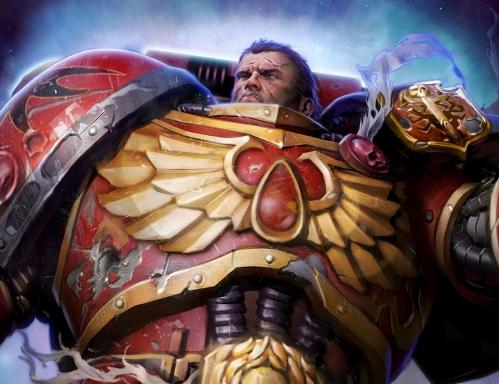
The term "buy-in" is seeing more and more use, but I feel like it's being misunderstood. Take your favorite fantasy or science-fiction movie. Think of the coolest parts of it. Now think of arguments you've read on the Internet about how those parts of the movie (or the whole movie) are completely ridiculous: contrived, fake, redundant, nonsensical. Imagine the arguments you have that shoot down every one of those objections. One popular one is The Lord of the Rings and the "Why didn't they just have the Eagles fly the Ring to Mount Doom and drop it in?" One group thinks it's a glaring hole in the story: even taking into account that such a plan, if successful, would have made for a less epic story, the idea was never even floated by the characters, almost as if that option had slipped the minds of the author (and director) entirely. Another group can come up with dozens and dozens of in-story reasons why such a plan couldn't work and was probably dismissed out-of-hand. The latter group is exhibiting "buy-in." They have a strong personal interest in seeing the story make sense, and be cool, and they are willing to go to great lengths to rationalize apparent oddness or inconsistency. This is common fan behavior. The former group is not "bought in." They don't care if the story is cool and they don't care about the explanations people provide. They might still like the story, but on some level they're removed from it and don't take it very seriously. They are primed to be more critical of other aspects of the story. In short, if you're "bought in" to something, you want it to work and you try to help make it work, first by making it work for you, and then by showing others how it can work for them. If you're not "bought in" to something, it has to work entirely on its own merits without any support or benefit from you. You can see this in roleplaying games. Dragons and faster-than-light travel are impossibilities, yet when they are key aspects of the game we want to play we are bought into their existence and we can easily spout off how they are able to exist, or at least agree that they "need" to exist and stop poking at the issue. Then there's some other aspect of the game that we're NOT bought into, even if it's "allowed by the rules." Monks and psionics in our European fantasy world. Characters that can heal themselves without a spellcaster. Aliens that can reproduce with humans. The fact that some item or technology COULD be used in a way that would introduce sweeping changes to a world yet somehow our character is the first. Whatever it is, we don't look for reasons why that thing is true and makes sense, we demand others to give us an unassailable reason why it is true and makes sense. Since we're dealing with fiction rather than reality, there probably isn't a reason a reason that no one could come up with a valid argument against (remember those Internet arguments about your favorite movie), which means the game is at an impasse. If we were bought in, and had a vested interest in those things being true we might not need any reason at all, but our threshold for what makes a "good" answer would certainly be lower. That's where some of us are coming with buy-in: using our creativity to make things work, rather than keep them from working. That's very powerful - anything can work, if there's buy-in - and that's the reason why it's so important to obtain it.








